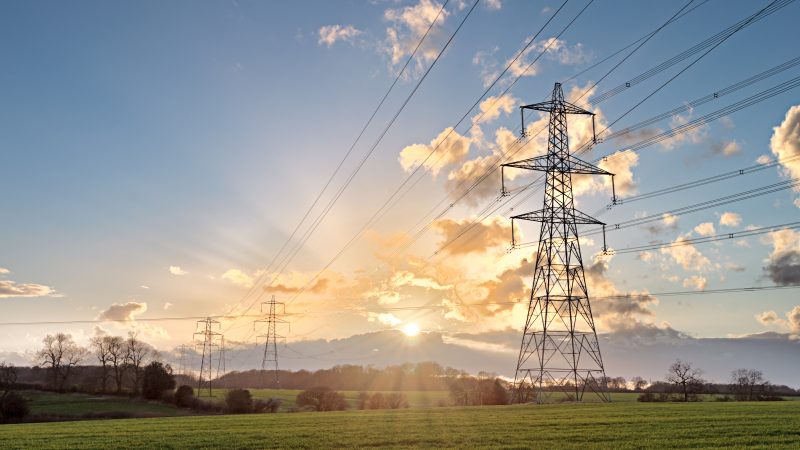
Labour activists backing a radical ‘green new deal’ policy in the drive towards a green post-Covid economy have welcomed a commitment from the party under Keir Starmer’s leadership to nationalising the energy sector.
A Labour spokesperson was referenced in a Guardian report on Tuesday as saying the party remains committed to a green new deal, including the aim to achieve the substantial majority of emissions reductions by 2030 and nationalisation of energy.
“They said its recent green recovery plan was just a short term response to the Covid crisis, adding the party should be judged on the full green new deal it puts forward at the next election,” according to the write-up.
The development has been warmly received by the Labour for a Green New Deal campaign group, which pushed Labour conference in 2019 to approve a ‘Socialist Green New Deal’ motion that set out such proposals.
Lauren Townsend, spokesperson for Labour for a Green New Deal, told LabourList: “We welcome this commitment from the Labour Party to nationalisation of energy, a key pillar of the green new deal Keir Starmer promised to maintain.
“As recent polls have shown, Labour members want the party to build on the 2019 manifesto, not weaken it. Having recognised the need for public ownership to decarbonise and democratise our energy systems, Labour must now actively make the case for nationalisation.”
A poll by Survation for LabourList last month found party members still overwhelmingly in favour of the 2019 manifesto, and those surveyed ranked highly the policy of bringing forward net-zero carbon targets to within the 2030s.
Referring to the Guardian piece written by the opposition leader as a leadership candidate in March, the Green New Deal activist concluded: “As Keir Starmer wrote earlier this year, the climate crisis won’t wait until 2024.”
Labour sources say Starmer committed during his leadership campaign earlier this year to common ownership of key industries rail, mail, energy and water, and that this remains the position of the party under his direction.
The leader renewed his commitment in October to the ten pledges set out in his campaign, saying “they remain my priorities”. His third pledge on climate justice included support for a green new deal, and his fifth backed common ownership.
Lisa Nandy was asked about Starmer’s common ownership pledge in September. The opposition frontbencher said: “I think giving the public much more control over how those things work, so that they work in the public interest, is right.”
She added: “We want to see those public utilities work much better. There are different ways to do that. Bringing them back into public hands is one way of doing it; giving the public much more control is another.”
Labour’s 2019 manifesto promised to set up a new UK National Energy Agency that would own and maintain the national grid infrastructure. The move aimed to “end the great privatisation rip-off and save you money on your fares and bills”.
It stated: “We will put people and planet before profit by bringing our energy and water systems into democratic public ownership. In public hands, energy and water will be treated as rights rather than commodities, with any surplus reinvested or used to reduce bills.”
Rebecca Long-Bailey set out detailed plans for the National Energy Agency, an independent public body sponsored by the Business, Energy and Industrial Strategy Department, plus Regional Energy Agencies, Municipal Energy Agencies and Local Energy Communities.
But members of the current shadow cabinet, particularly Nandy, are thought instead to favour the model of community-owned energy co-operatives, which she advocated in 2015 as Shadow Energy Secretary under Jeremy Corbyn.




More from LabourList
‘As metro mayors gain power, Labour must tighten political accountability’
Letters to the Editor – week ending 22 February 2026
‘The coastal towns where young people have been left behind by Whitehall’